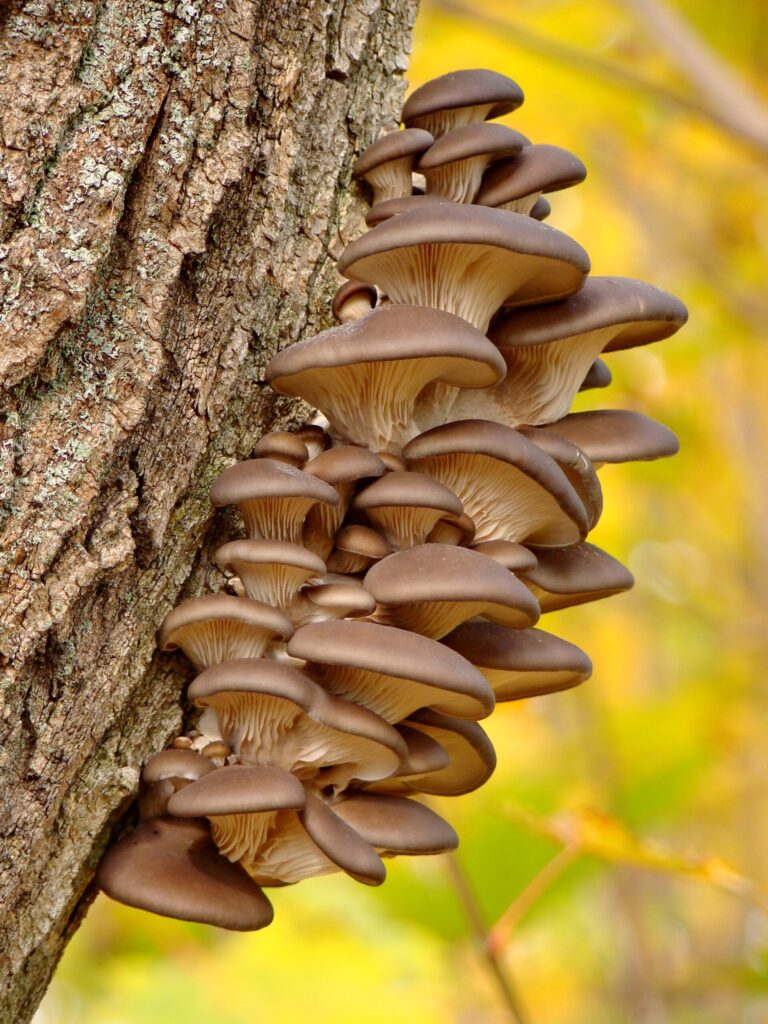Functional and medicinal mushrooms have a long history of use in traditional medicine, and their popularity is experiencing a resurgence due to their remarkable health benefits. In this blog post, we’ll delve into the fascinating world of mushrooms, exploring their various types, incredible benefits, and optimal dosing strategies.
Benefits of Functional and Medicinal Mushrooms
Mushrooms offer a wide range of therapeutic properties. First and foremost, they are renowned for their immune-modulating effects. Varieties such as Reishi, Turkey Tail, and Shiitake have been extensively studied for their ability to strengthen and balance the immune system, aiding in illness prevention and overall health enhancement.
In addition to immune support, mushrooms are rich in antioxidants that protect our cells from oxidative damage caused by free radicals. Their antioxidant activity helps reduce inflammation and may contribute to a lower risk of chronic diseases such as heart disease and certain types of cancer.
Certain mushrooms possess adaptogenic properties, which means they help the body adapt to stress and promote overall well-being. Cordyceps and Chaga are notable examples known for supporting the body’s stress response and increasing resilience.
Moreover, functional mushrooms like Lion’s Mane have gained attention for their potential cognitive benefits. Research suggests that Lion’s Mane may enhance brain function, improve memory, and support overall cognitive health, making it a popular choice for individuals seeking to boost mental performance.
Dosing Strategies for Mushroom Consumption
When it comes to dosing mushrooms, it’s important to start with a low dosage, especially if you’re new to using mushrooms for their medicinal properties. This allows your body to adapt and helps you gauge your sensitivity and tolerance. Gradually increase the dosage over time, if needed, while paying attention to how your body responds.
Determining the optimal dose depends on various factors, including body weight, overall health, and the specific mushroom being used. Consulting with a healthcare professional or knowledgeable practitioner is recommended to determine the appropriate dosage based on your unique circumstances.
Types of Functional and Medicinal Mushrooms
Reishi, also known as the “queen of mushrooms,” is revered for its immune-boosting properties and its ability to promote relaxation and improve sleep quality. Turkey Tail, with its vibrant colors and fan-like shape, contains powerful polysaccharides that stimulate the immune system and may have anti-tumor properties. Shiitake, a culinary staple, offers immune-enhancing effects and potential infection-fighting capabilities through a compound called lentinan.
Cordyceps, often referred to as the “athlete’s mushroom,” has been used for centuries to boost energy and endurance by improving oxygen utilization, increasing ATP production, and enhancing physical performance. Lion’s Mane, with its potential to support brain health, promotes nerve growth factor production and overall cognitive function. Chaga, growing on birch trees, is rich in antioxidants and possesses anti-inflammatory properties, supporting immune function and overall wellness.
Functional and medicinal mushrooms provide a natural and holistic approach to health and well-being. Incorporating these incredible fungi into our lives can offer immune support, cognitive enhancement, stress resilience, and more. However, responsible sourcing and consulting with healthcare professionals or experienced practitioners are essential for safe and effective mushroom usage.
Embrace the power of nature and explore the world of functional and medicinal mushrooms. Unlock their potential benefits, but always approach them with curiosity, mindfulness, and professional guidance. The mushroom revolution awaits!
